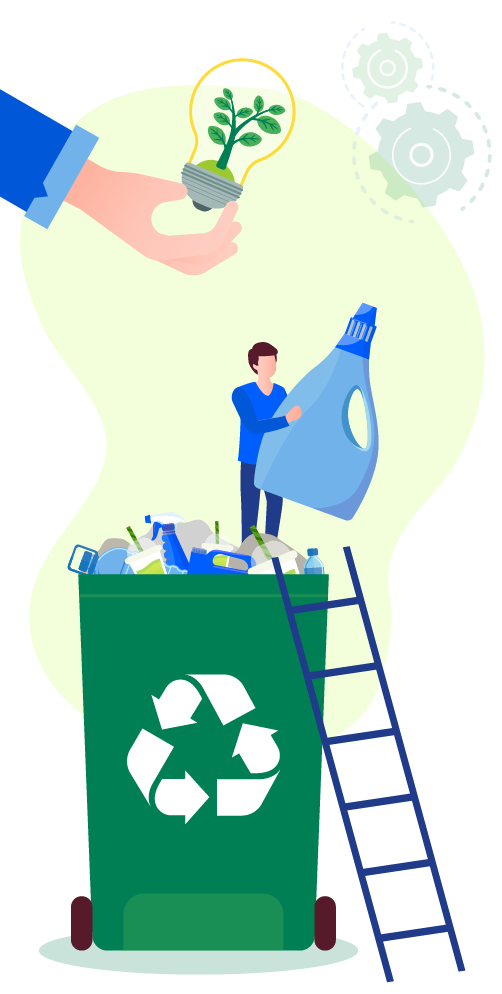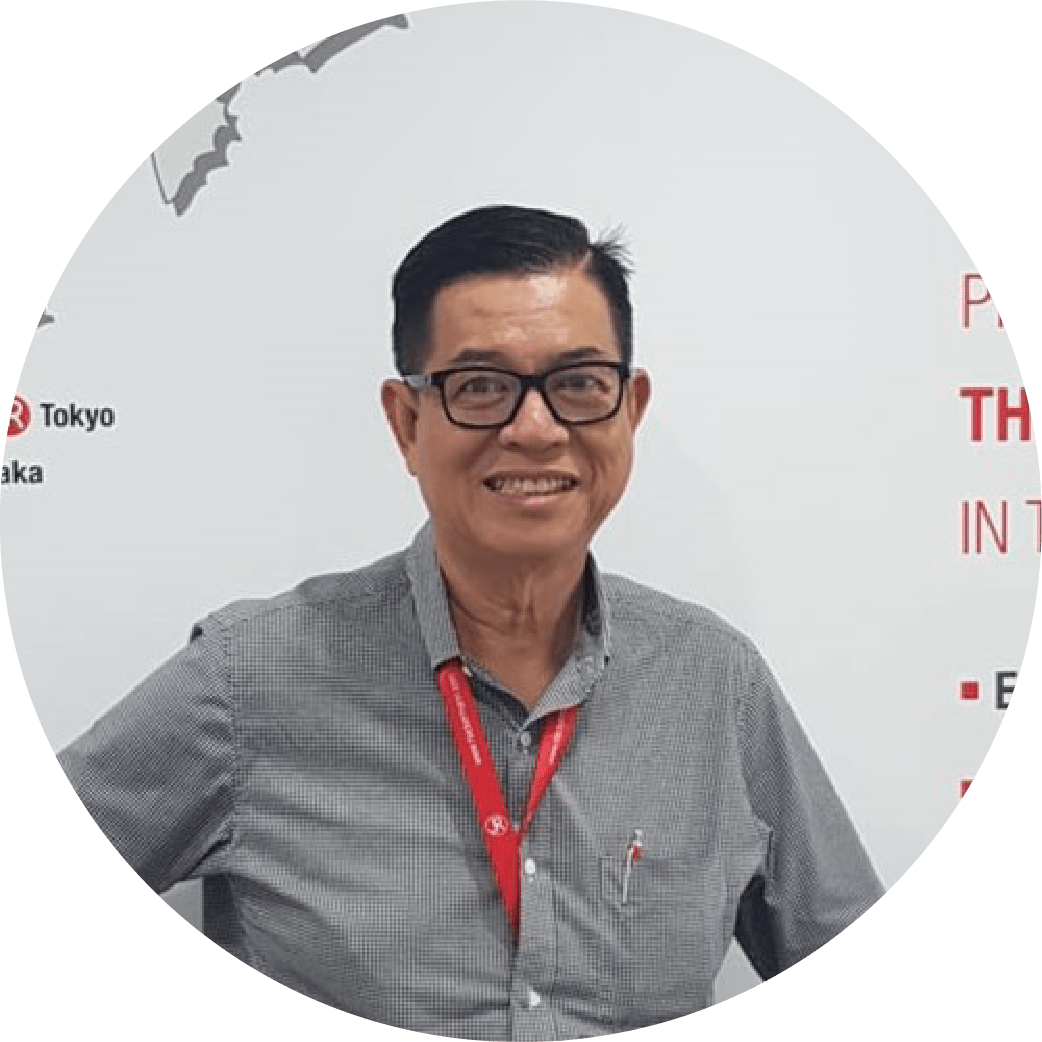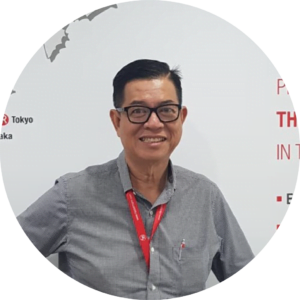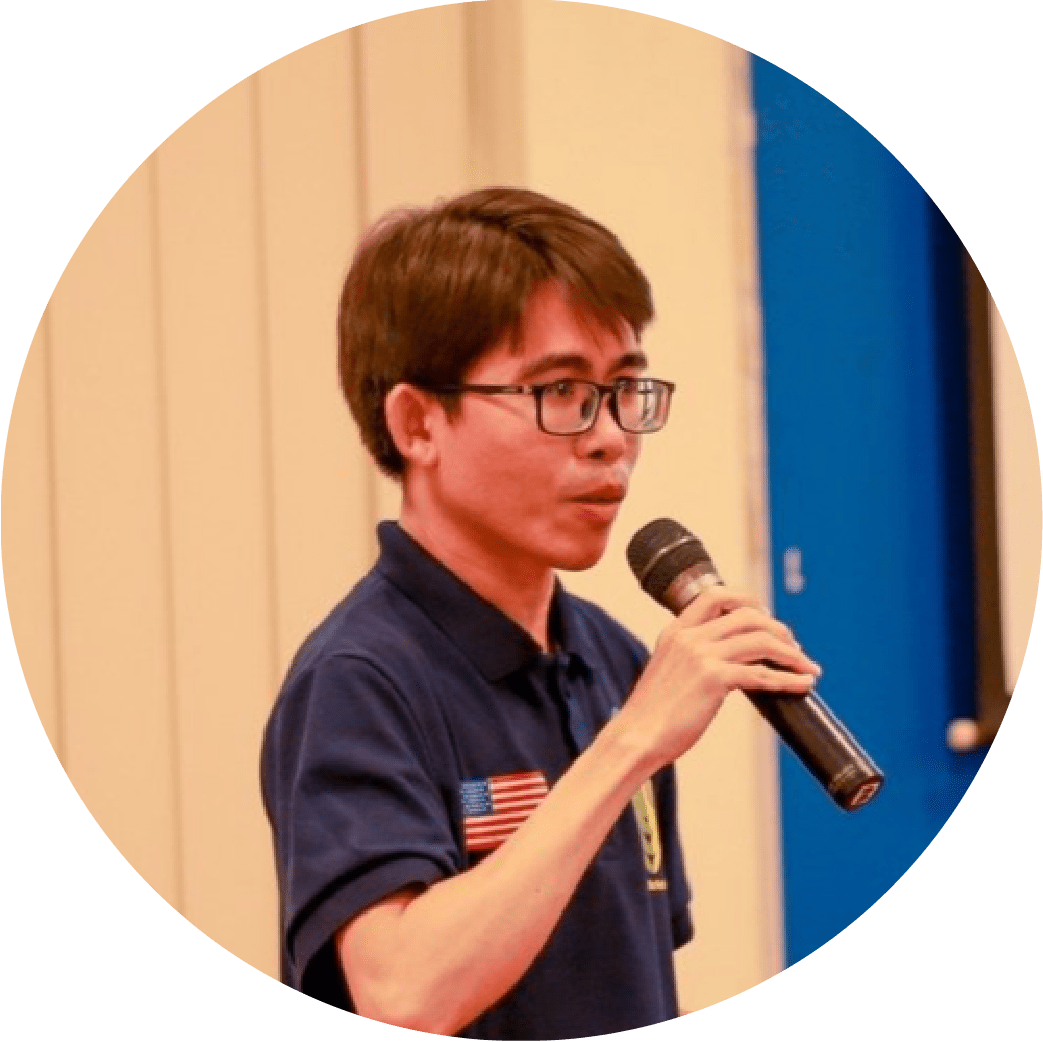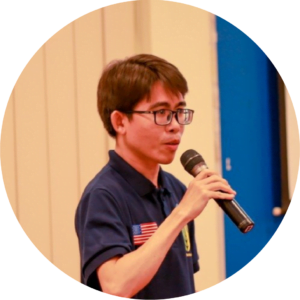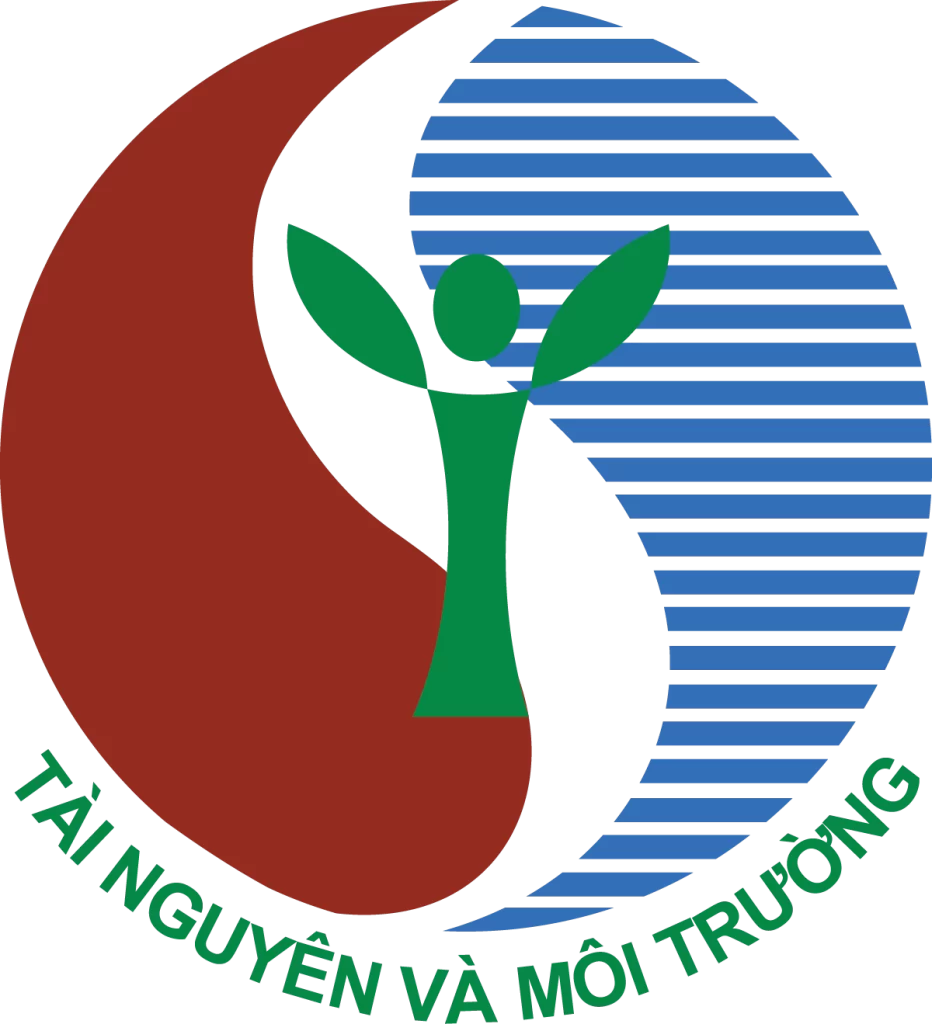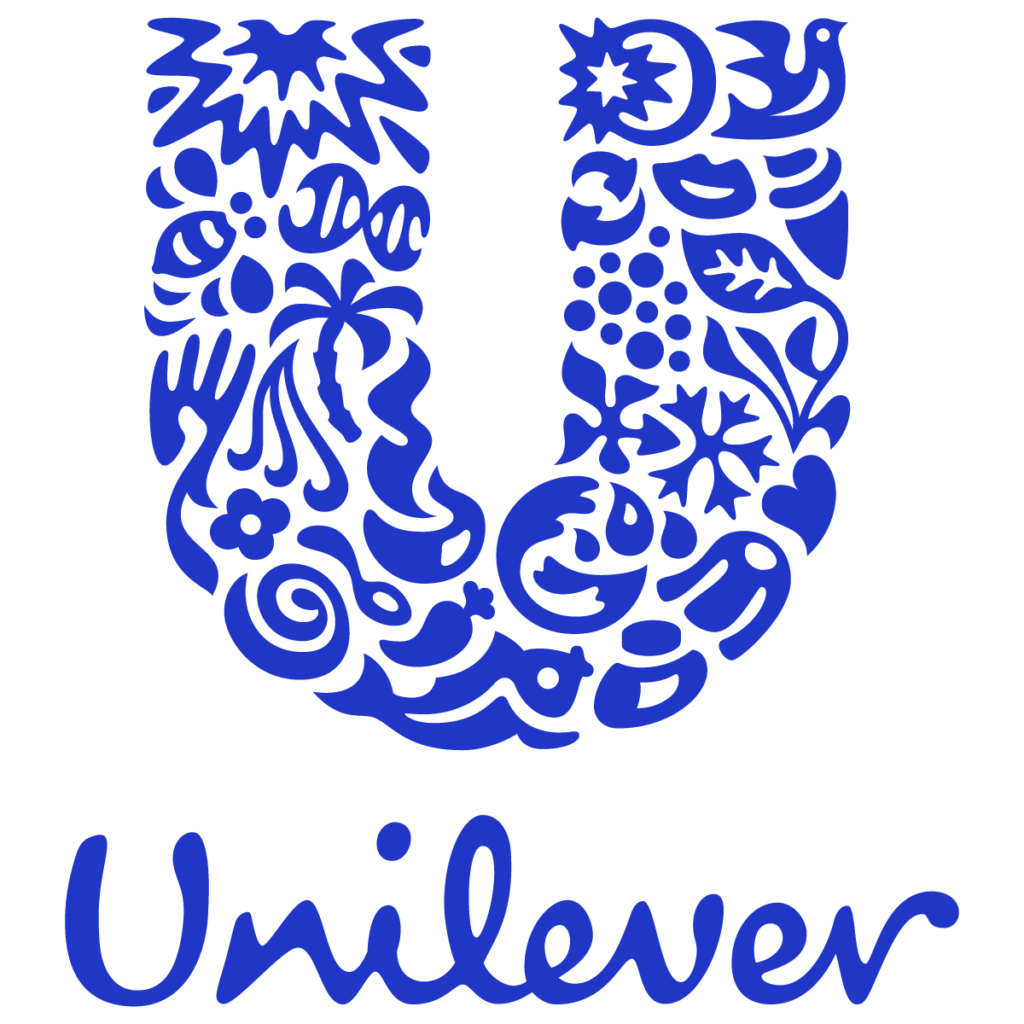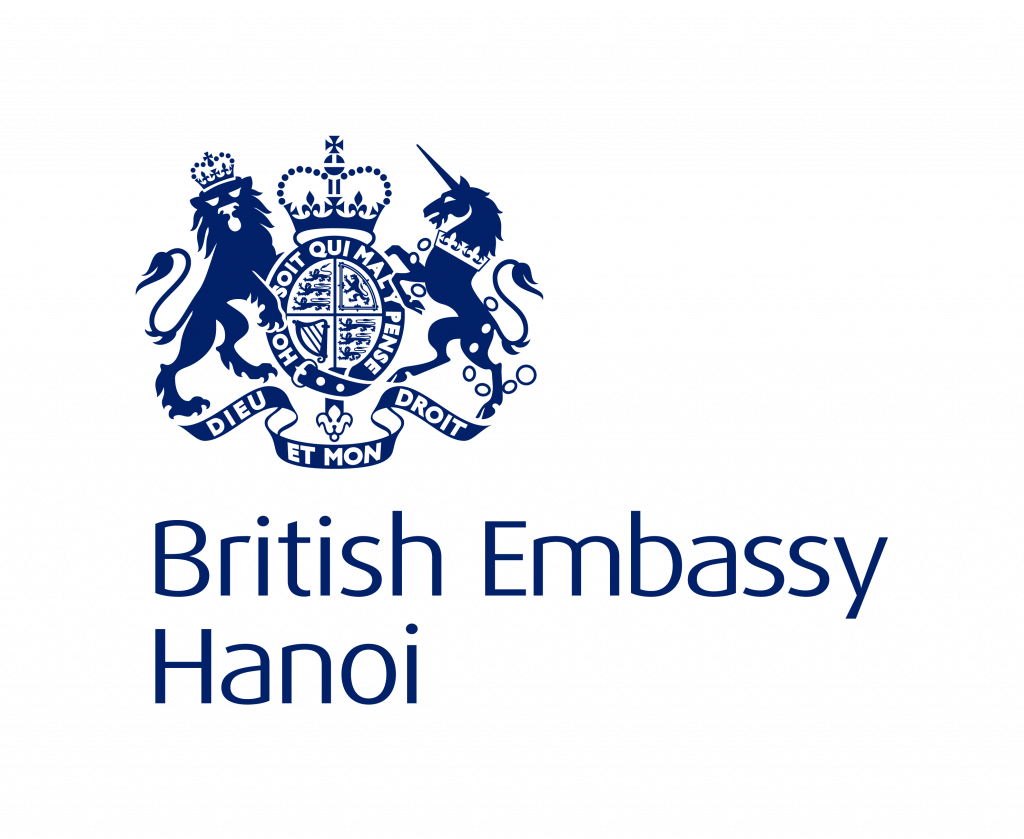OVERVIEW
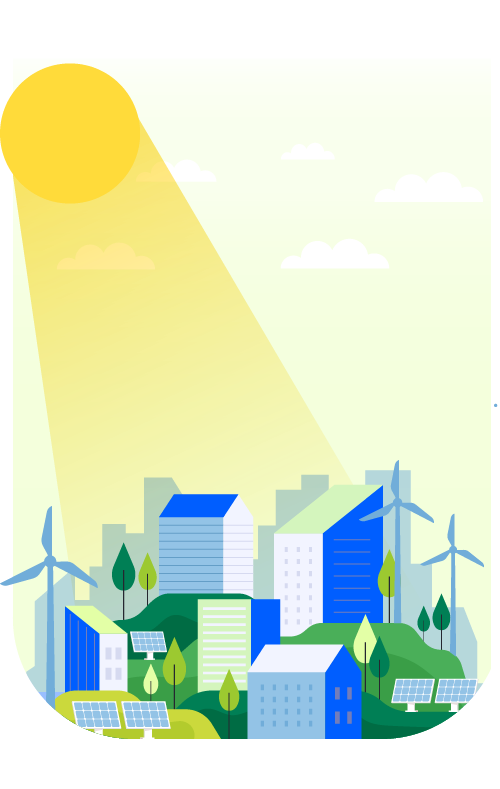
Plastic waste pollution is a global environmental problem, receiving special attention and efforts from the United Nations, countries, organizations and across the international community. According to a report published in 2022 by the Organization for Economic Cooperation and Development (OECD), each year the amount of plastic waste generated by humans is around 350 million tons (enough to cover the earth’s surface area four times), of which 13 million tons of plastic waste is released into the land, water and ocean environments.
With the goal of promoting the circular economy model in plastic waste management, solving the problem of plastic waste and supporting the implementation of Extended Producer Responsibility (EPR) policy prescribed in the Law on Environmental Protection (effective from January 1, 2024), within the framework of Public-Private Cooperation (PPC) between the Ministry of Natural Resources and Environment and businesses, the Ministry of Natural Resources and Environment and Unilever Vietnam in collaboration with the British Chamber of Commerce in Vietnam (BritCham) and Startup Vietnam Foundation (SVF) to organize “PLASTIC CIRCULARITY INNOVATION CHALLENGE 2024” aims to find and promote innovative solutions in the plastic circular value chain, focusing on new and creative solutions in improving capabilities and capacity to collect, sort and recycle plastic packaging especially soft plastic waste.
Plastic waste is negatively impacting the environment, ecosystem and many sectors, including aquaculture, fishing, tourism, services and transportation; affecting Vietnam’s sustainable development. For each plastic bag, it takes an average of 200 to 300 years to decompose. Therefore, when emitted into the environment, plastic waste aggravates the problem of environmental pollution, causing painful death for animals, especially marine animals, seabirds, causing unpredictable consequences for the existence of species and ecological balance.
Due to its non-degradable nature, plastic can remain in the environment for hundreds of years even after being collected and buried hygienically. This causes changes in the physical properties of the soil and pollutes the soil environment. Plastic reduces the soil’s ability to absorb water, leading to erosion, lack of nutrients and oxygen, affecting plant growth. Plastic waste released into the environment or buried will decompose into microplastics spread into the soil, environment, air and oceans, be eaten by marine species and then consumed by humans. Consuming plastic through food will pose health risks, affect the endocrine glands, reduce immunity, and can even cause cancer.
In addition, about 16% of the total waste is being processed at composting facilities and about 13% of the total waste is treated by incineration and other methods. When plastic waste is not treated properly, for example burning plastic without complying with regulations, it can cause air pollution, create a greenhouse effect and affect the environment. extremely harmful to human life as well as other living creatures.
The socio-economic development in Vietnam increased urbanization and population growth causing great pressure on the environment due to the increase in household solid waste and plastic waste in urban areas. According to the Ministry of Natural Resources and Environment, about 71% of the total amount of waste is treated by landfilling (excluding waste from compost processing facilities and ash slag generated from incinerators). Many landfills are not hygienic; most landfills receive household wastes that have not been well sorted. In Vietnam, only a small percentage of plastic packaging waste is collected and treated properly, the rest is buried in landfills, discharged into water sources or improperly recycled causing pollution in craft villages, conventional burning has created many consequences and burdens for the environment, society and the community. Therefore, solutions that help improve the capabilities and capacity to recycle plastic waste, especially plastic packaging, are very important in minimizing negative impacts on the environment, contributing to circular economy and sustainable development goals in Vietnam.
Aware of the serious problems caused by plastic waste, the Vietnamese government has paid special attention to and introduced many policies, laws, strategies, action plans, programs to manage and reduce plastic waste. The Ministry of Natural Resources and Environment, as the state management agency for environmental protection, has introduced policies and legal regulations on plastic waste management such as the Law on Environmental Protection 2020, the Law on Plastic Waste Management. Directive No. 33/TTg of the Prime Minister on strengthening the management of reuse, recycling, treatment and minimization of plastic waste, the National Action Plan on ocean plastic waste management to 2030 set a goal of reducing 75% (50% by 2025) of plastic waste in seas and oceans; 100% (50% by 2025) of lost or abandoned fishing gear is collected; 100% (80% by 2025) of tourist attraction areas, accommodations and other coastal services do not use single-use plastic products and non-biodegradable plastic bags; Ensuring at least twice a year organize campaigns to collect and clean beaches nationwide; 100% (80% by 2025) of marine protected areas free from plastic waste.
TOPICS
The “PLASTICS CIRCULARITY INNOVATION CHALLENGE 2024” aims to find new and innovative solutions in promoting plastic circulation, focusing on improving capabilities and capacity in collecting, sorting and recycling plastic packaging waste in Vietnam, especially flexible plastic packaging, solutions can be from idea to sample product stages.
Finding new, innovative and creative solutions in collecting, sorting and recycling plastic packaging waste in Vietnam will help support and promote Extended Producer Responsibility (EPR) policy which take effect from January 1, 2024
(* Details of recycling rates and mandatory recycling specifications according to Decree 08/2022/ND-CP dated January 10, 2022 of the Government detailing a number of articles of the Law on Environmental Protection – please refer to attached Appendix 1).
OBJECTIVES
- Search and honor novel ideas, innovative solutions within the plastic packaging value chain, focusing on collecting, sorting and recycling plastic packaging, especially flexible plastic waste in Vietnam;
- Raise awareness of the urgency in solving the problem of plastic waste, especiallyflexible plastic waste;
- Encourage investment in innovative solutions within the plastic packaging value chain, especially flexible plastic packaging.
APPLICATION ELIGIBILITY
- Individuals who are Vietnamese citizens or Vietnamese diaspora, have initiatives, models, and solutions (registered or unregistered as business entities) aimed at solving the problem of plastic waste and packaging waste, especially soft plastic packaging waste which can be applied to the Vietnamese market.
- Organizations with legal status under Vietnam’s laws that are developing sample products or technological solutions to help improve and solve problems in collecting, sorting and recycling plastic packaging waste, especially soft plastic packaging waste.
Individuals/Groups of individuals and organizations registering to participate in the program are hereinafter referred to as “Team”.
To find and honor new ideas, solutions and technologies with practical applications, the Teams will be selected and evaluated under two tracks including: Innovative Ideas and Promising Solutions. In particular, the Innovation Ideas track aims to find innovative initiatives/ideas with approaches and solutions that have potential for the Vietnamese market. Promising Solutions track aims to find solutions that already have products/prototypes and are in the process of testing and development in the market.
- The Innovative Ideas track focuses on new and creative initiatives, models and approaches that have not yet been introduced to the market, are in the process of being developed into specific products and in need of support to bring solutions to market.
- The Promising Solutions track focuses on solutions that have products/prototypes introduced to the market, have potential for expansion and in need of support to further develop the products in the market.
The classification of the track will be voluntarily submitted by the Teams and reviewed by the Program through the Pitch Deck and comments from the Selection Committee & Judging Committee. In case of inconsistency in the classification for the participating tracks, the opinions of the Selection Committee & Judging Committee will be valid.

